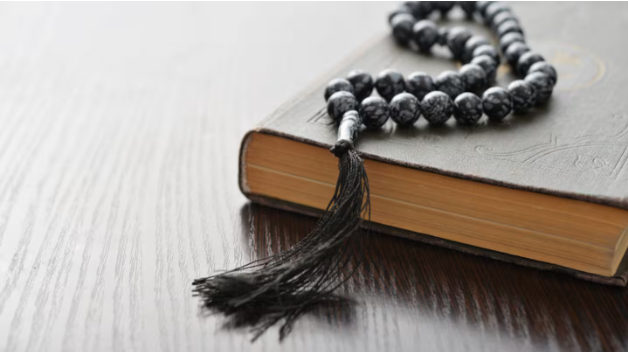
A woman who successfully challenged a New Zealand-based Muslim association’s treatment of women says the fight came at great personal cost.
But Shama Nisha says the path has now been cleared for greater participation by women in this country’s wider Muslim community.
In a decision released this week, the Human Rights Review Tribunal found the South Auckland Muslim Association Incorporated (Sama) breached the terms of a settlement deed after it failed to uphold an agreement to promote female participation within its upper ranks.
Nisha told NZME the decision was significant because it provided a platform for women to actively participate in the Muslim community, which allowed them the confidence to participate in the wider community.
“As women, we work, we are mothers, we go out and we face racism and discrimination daily,” she said.
Nisha, a Fiji-born Muslim, came to New Zealand in the mid-1990s for what she said were “greener pastures”.
“After the coups, Fiji wasn’t the best place, so my family decided to move.
“My grandmother brought me here and New Zealand has been home since.”
She said the tribunal case had been a “very long journey” which had taken its toll.
“I haven’t been welcomed in the Muslim community very much because, you know, they’ve classed me as a bad woman.
“They’ve made it like I’d taken the mosque to court, which is bringing shame to them.”
Sexual discrimination claim
Nisha is a member of Sama and the Federation of Islamic Associations of New Zealand (Fianz), which is the national body for Muslims in New Zealand.
Sama operates the Masjid-Al-Mustafa [mosque] in Ōtāhuhu, South Auckland, as well as a convention centre at the same site. Its administration is managed by an executive committee.
In late 2020, Nisha attended the association’s annual meeting and left feeling treated less favourably than men, including not being afforded the same opportunities to participate in the meeting.
She lodged a claim with the tribunal in March 2021 alleging sexual discrimination which was resolved by a settlement in December that year.
She then challenged an aspect of the contract under the Human Rights Act that arose from that settlement, ahead of the association’s annual meeting in mid-2022.
Nisha sought clarification on how the association might uphold an agreement that Sama provide support and mentoring to its female members to encourage and support their participation at an executive and representative level.
This included an annual gathering for a women’s chapter dedicated to such matters, which Sama felt it had complied with but acknowledged that its actions in this regard were “essentially a work in progress”.
The Sama women’s chapter was formally established in November 2022.
After receiving notice of the date of the association’s annual meeting, Nisha nominated herself for the Sama executive and again sought clarification about how it intended to implement the clause contained in the settlement deed.
A meeting was held, and then in March 2022, she received a phone call from the Fianz president at the time, Ibrar Sheikh, who asked her if she wished to withdraw her nomination.
Nisha declined and on the same day, long-serving Sama member Umar Mohammed asked her to speak with incoming vice-president Rizwan Khan about withdrawing her application.
It was during a subsequent phone call that Nisha was told her nomination and that of one other woman were being withdrawn, but again, Nisha refused and her nomination was then accepted.
The other woman withdrew hers.
Angry and hurt
Nisha said she was angry and hurt by the requests, but not entirely surprised.
“It was kind of expected that that’s what the men would do.
“I was put under a lot of pressure, and my family was put under a lot of pressure to withdraw, but I stood by it and my husband stood by me.
“He was basically my rock.”
At the AGM Nisha received eight votes, whereas the two male candidates each received between 75 and 82.
The tribunal said in its decision that in Nisha’s case, rather than being encouraged and supported, the “undisputed evidence” was that she was discouraged from an attempt to seek nomination.
“The Sama executive offered no support or encouragement but rather remained silent after being made aware that Mr Khan had actively encouraged Ms Nisha to withdraw,” the three-member tribunal panel said.
Nisha said in her submission to the tribunal that the breach had occurred in a space which was of “utmost importance to her religious identity, which exacerbated her humiliation, loss of dignity and injury to her feelings”.
The tribunal awarded damages of $5000, which it said did not necessarily reflect the impact on Nisha but her primary focus was on seeking support and encouragement for women, therefore only modest damages, as sought, were awarded.
“I would ask myself often, is this worth it? But yes, it is, because it’s not for me, it is for women – women at large, women of colour, because I know it happens to everybody.
“This acknowledges that women are part of the community and part of society and they have the right to participation.”
The tribunal also ordered that Sama convene an annual gathering of the women’s chapter in 2025 and 2026 with the sole purpose of providing support and mentoring to its female members to encourage and support their participation at an executive and representative level.






